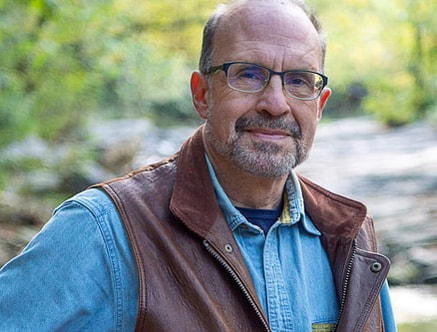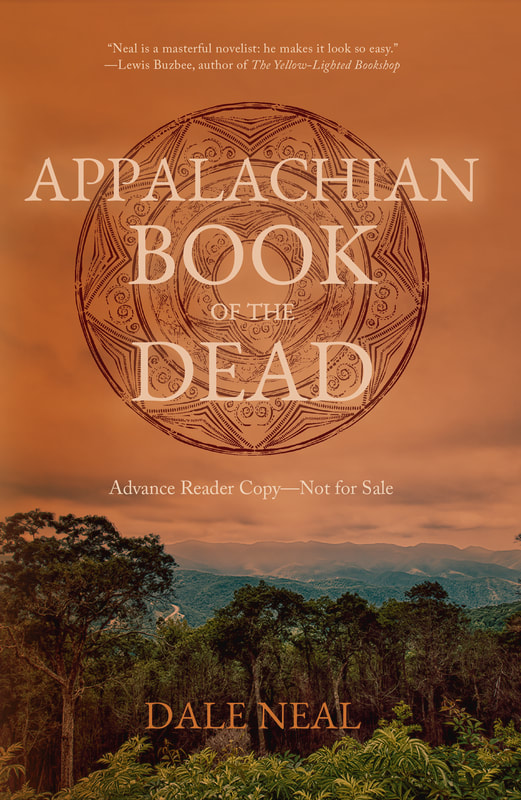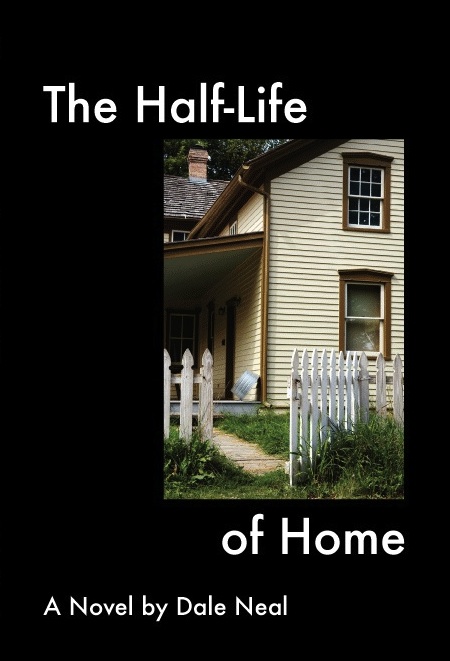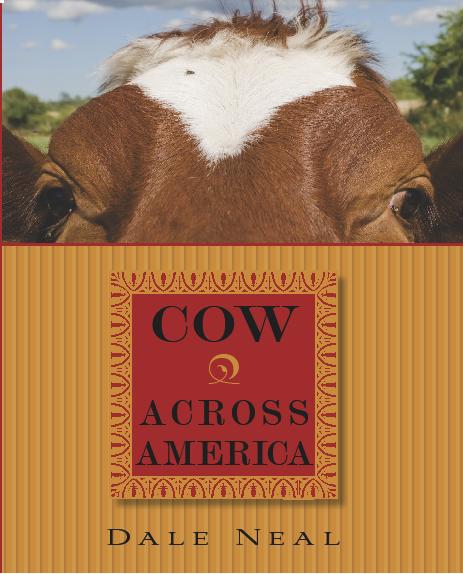 This essay first appeared in June 2016, and I've received more response from readers than any other story I've done in my years as a journalist, In light (or the darkness) of our recent election, Asheville's anxiety and Thomas Wolfe's wisdom may be a useful tonic for our times. In 1983, I arrived in Asheville to take my first job with a daily newspaper. I was a cub reporter, covering night cops. I moved into Montford, on the curve of Pearson Drive in a three-story Queen Anne that had been divided up into apartments. The house like the neighborhood like the city had fallen on hard times. As our River Arts District has been called “sketchy,” the adjective “seedy” might have applied to all of Asheville back in the day. Asheville was like a fine lady who had seen better days, her Art Deco facades abandoned, the storefronts displaying nothing but dust. Downtown was deserted after dark. Gay men in those days when AIDS was just whispered about circled the Grove Arcade building in their cars, flashing their headlights, arranging trysts. The hookers walked Lexington, sad, stringy-haired women trying to support drug habits. Downtown was deserted after dark. I walked to the magistrate’s court, then in the ground floor of the County Courthouse, to check the warrants, looking for murders and domestic abuse, drunks and thieves and drug dealers. Those wayward citizens were housed upstairs in the courthouse, the best views in town through barred windows. The accused stared across the asphalt of Pack Square to the Downtown Club in the BB&T building where bankers ate in the afternoons. Way out Tunnel Road, the Dreamland Drive-In was still showing features at night, doubling as a flea market by day. Meanwhile The Mountaineer Inn flashed its neon Hillbilly down the hill from the Mall where all the department stores had fled over the still fresh Beaucatcher Cut. The French Broad River ran brown, frothy, forgotten down by the railroad tracks, tobacco warehouses and hobo camps. Summer nights, you could still hear the train whistles and the revving engines of stock cars down at the Asheville Speedway All beer was imported in those days, Budweiser was king and Schlitz, second. Coors had just fired its first Silver Bullets across the Mississippi. When the bars closed, we drove down to Biltmore, for early morning breakfasts at the Hot Shot Cafe, cats-head biscuits and saw-mill gravy. Down Biltmore, the Fine Arts Theater was showing "3 on a Mattress" and other porn. The Plaza on Pack Place was in its last days of frayed red carpet and rancid buttered popcorn. Long before the Zombie Walk, Asheville was sucking wind, the lifeblood seemingly drained away. I’ve interviewed hundreds of people over the years, asked how they arrived in Asheville. To a man and a woman, they say something like “I was called here. I felt an energy. This was home.” Back in the heyday of the New Age, (which some could argue, never has ended in our Cesspool of Sin), there were emanations from a giant crystal buried in the top of Mt. Pisgah. Now some say there is a vortex, a whirlpool of psychic energies, centered over Swannanoa or perhaps dancing over the stone obelisk of our favorite Confederate, savior and slaveholder - Gov. Zebulon Vance. Asheville emanates a vibe, a feel, an intuition, a hunch, a hankering. The drum circle in Pritchard Park with the newly retired Boomers banging out their different beats. I suspect our city has the feel of a summer camp. We are all campers, swimming in mountain cold currents, weaving baskets to carry our own meaning, making lanyards for our whistles through the cemetery. We recapture something of our childhoods. Something lost and by the wind grieved, the ghosts of ourselves. Who said, "You Can't Go Home Again?" You can’t talk of Asheville without talking of Thomas Wolfe. After a childhood of Tarzan and comic books, Wolfe was the first writer I had read who dared to write about real life. I was 16, the perfect age to hear Wolfe's weird goat cry. In “Look Homeward, Angel,” Wolfe put me by the bedside of Ben when he died in the upstairs. I walked with Eugene on Pack Square, when he saw his father’s stone angels come to life, when he saw his brother’s ghost in this town. And I reread Wolfe again, when I moved to his hometown. Tom was dead right what pebbledash stucco feels like when you rub your hand against the wall on the porch of a Queen Anne. What the wind feels like whipping up Walnut Street. I walked to Riverside Cemetery to pay my respects to the writer who pointed me home. I kissed the top of the granite headstone where 6-foot-6 Tom sleeps in the warm mountain dirt. Asheville is small town. Asheville is large. She contains multitudes. Natives and newcomers, the Patton Avenue cruisers and the commune crowd, hippies give way to hipsters give way to the Travelers, those unbathed backpackers with their mongrels on ropes taking up residence on sidewalks. "Keep Asheville Weird." "We Still Pray." "We Still Lay." "Support Local Food." "Don’t Postpone Joy." We wear our city on our car bumpers locked in the rush hour crawl over the Bowen Bridge each evening, headed straight into the sun. We have coaxed the tourists to come again, 9 million a year. We are Beer City. But we’re still a BYOJ kind of place. Bring your own job, or join the overeducated wait staff trying to make ends meet. Who can afford home here now amid all the hotels for the upper-upscale? We are worried - has Asheville jumped that shark in the French Broad River? Not just Asheville, America, still reeling from the reality show ending of our recent election. Rising inequality. Social media. Social anxiety. Ferguson, Staten Island, Baltimore burning, Baton Rouge, Dallas, Oklahoma City, Minneapolis, Charlotte. Nasty women. Deplorables. Black lives matter. Blue Lives Matter. All lives matter. Can we agree that anything matters any more? I keep turning back to Wolfe, to what would his last word, the ending to the novel, “You Can’t Go Home Again.” “I believe we are lost here in America, but I believe we shall found…. I think the life which we have fashioned in America, and which has fashioned us, the forms we made, the cells that grew, the honeycomb that was created, was self-destructive in its nature and must be destroyed. I think the true discovery of America is before us. I think the fulfillment of our spirit, of our people, of our mighty and immortal land, is yet to come. I think the true discovery of our own democracy is still before us. And I think that all these things are certain as the morning, as inevitable as noon.” Wolfe warns us of an enemy, with us from the beginning, and still with us in Asheville and in America– “single selfishness and compulsive greed.” It’s not just my Asheville. It’s our Asheville, our Appalachia, our America. We share a city, a country. We share an endless yet ever-ending story. The book that Wolfe wrote, that we write is not closed yet. We turn the page.
5 Comments
|
Dale NealNovelist, journalist, aficionado of all things Appalachian. Archives
April 2023
Categories
All
|
|
© Dale Neal 2012. All rights reserved.
|
Asheville NC Contact
|




 RSS Feed
RSS Feed